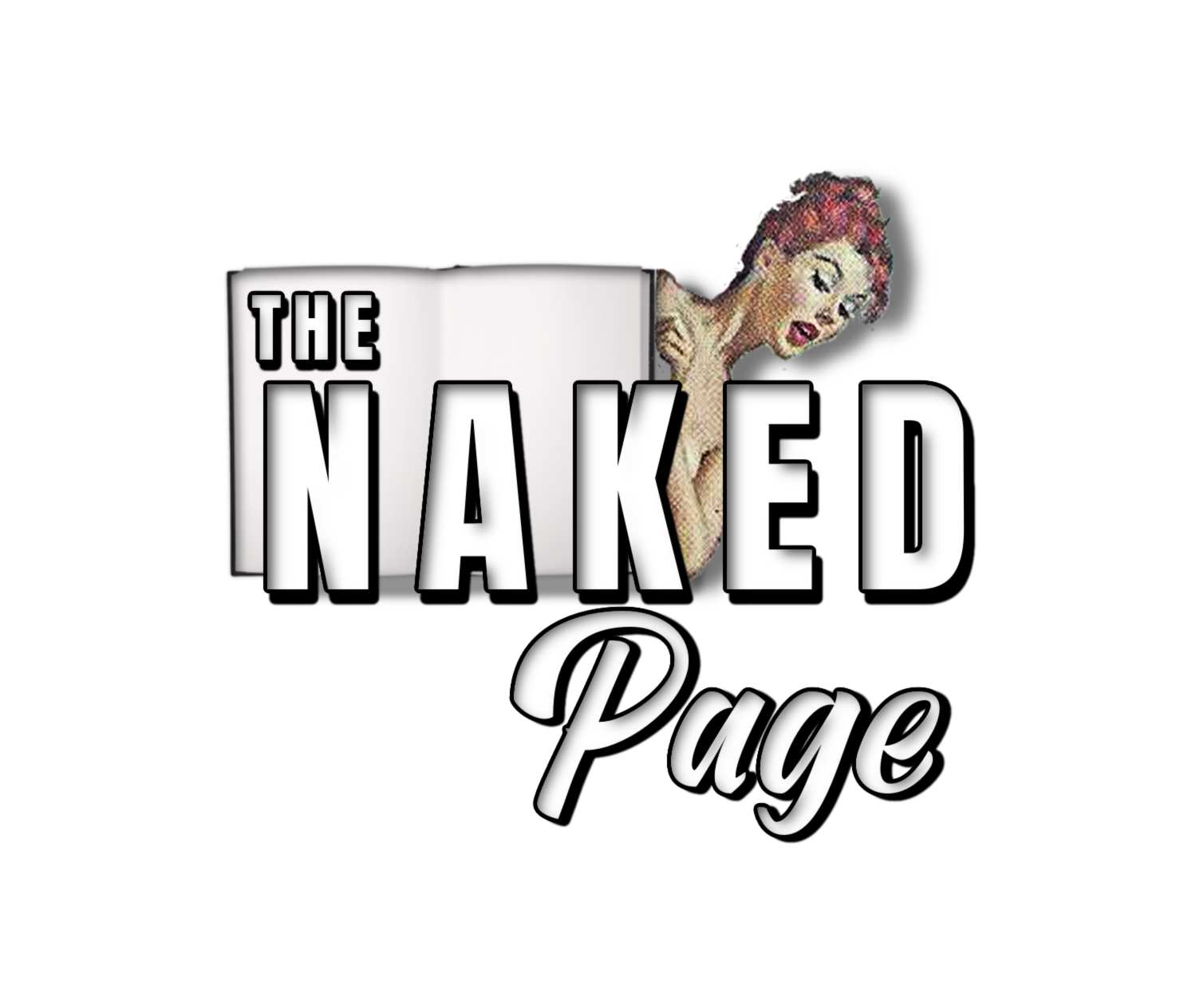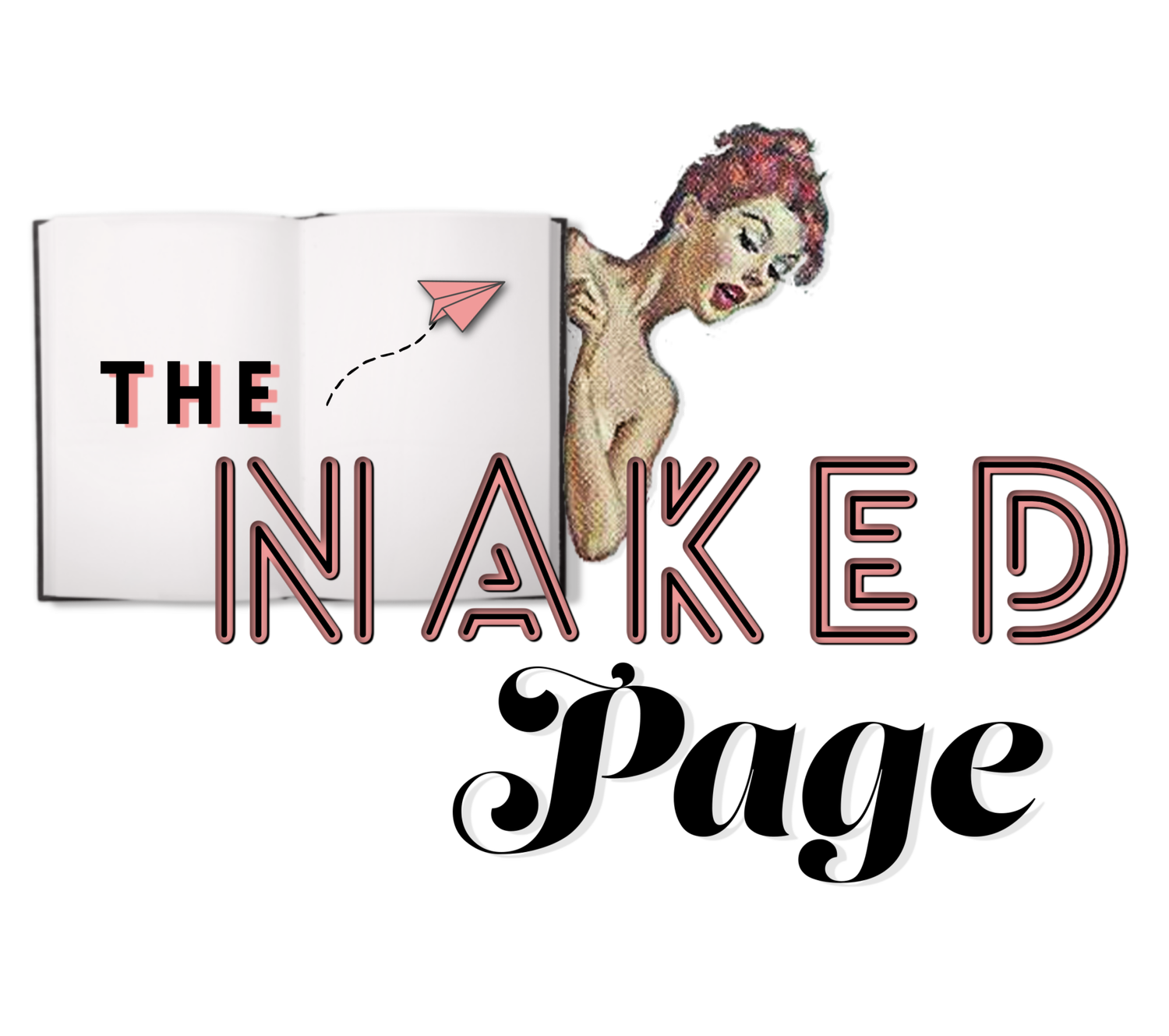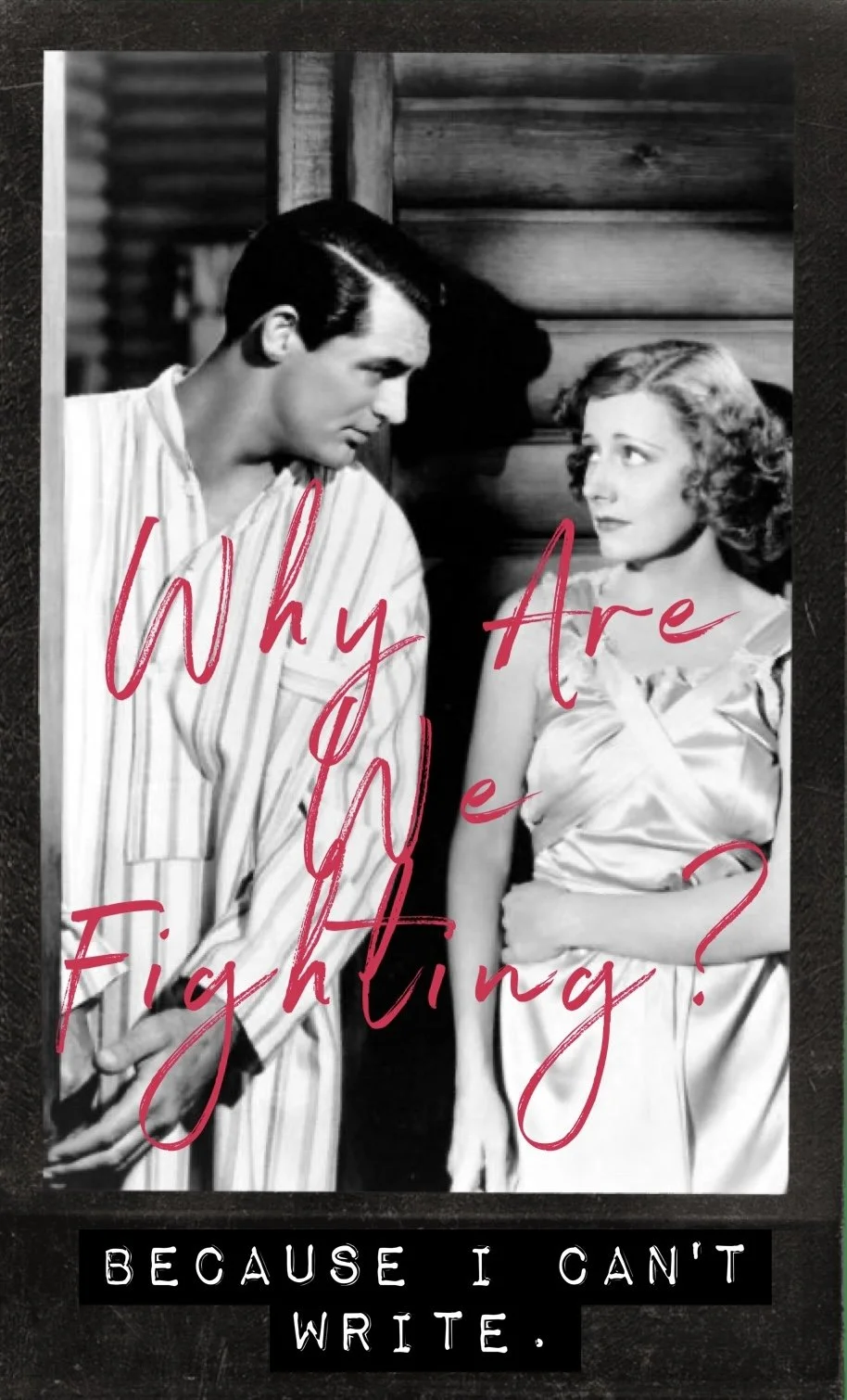5 Things to Do When You Can’t Write
In my blog A Return to Writing, I spoke about giving yourself some grace when you can’t create the writing you know you should be producing.
Downtimes will happen as a writer.
These writing breaks or hiatuses are necessary. They’re the pauses in a piece of music that better help you hear the notes. Or the sleep at the end of a challenging day.
In short, writing breaks are a needed rest.
You’ll be faced with these periods throughout your writing career, either because you have other things vying for your attention like family or work obligations. Or because you have writer’s block.
I no longer get writer’s block. Probably because I’m so backlogged on my writing work. But I can certainly respect that period in my life when I would feel stuck and unable to get any words out. It used to happen to me often.
If you find you physically can’t stick words on a piece of paper or type them onto a computer screen, what can you do instead?
Here are 5 suggestions for handling your wordless periods:
Always Be Writing
Yes, I’m picturing Alec Baldwin here in Glengarry Glen Ross.
That kind of obsession works for writers, too. I adhere to the idea that I’m always writing. That means that I see my life as a story. Even if I’m not typing words into a document, it doesn’t mean I’m not actively working on a narrative.
I’ve mentally shifted to think in story.
Whether I’m analyzing the plot devices in my latest memoir or I’m recounting a weird scene that I just witnessed in the grocery store parking lot, I’m constantly taking a snapshot. And then I’m thinking about how to use these scenes in my work.
When you think in story, your brain is always writing even if your fingers aren’t clacking away on a keyboard. Turning over material in your brain doesn’t make you any less productive. Think of it like a dress rehearsal. You’re bound to get new ideas and polish them up in your mind.
And if you aren’t mentally grappling with your ideas, you can think about other stories—books you’ve read or movies you’ve seen. Consider each literary device used and how the story builds towards a conclusion. This will help you continue to develop and eventually master the art of storytelling.
The goal here is to claim writer status even when you aren’t physically writing. And keep the stories going in your mind.
In what ways do you mentally work with your story ideas before they hit the page?
Busy Work
My daughter was only 2 ½ when COVID hit and her school shut down. It seemed impossible for me—at the time—to work on writing and editing because it was simply too noisy at home. I would get so distracted I couldn’t concentrate for 10 minutes. I could often scribble down notes but shaping them into a story or editing previously written material was out of the question. But now, at 5, my daughter’s attention span has grown, and she can play alone or work on a project while I’m writing.
That’s great for my work. And it’s also a reminder that writing hiatuses won’t last forever.
But for the last two years when I felt like my writing eluded me, what did I do?
I found alternative creative forms. I embroidered, crocheted, cooked, made jewelry, practiced French, and did some gardening. And I included lots of crafts I could do with my daughter. I also listened to a lot of podcasts to keep stories fresh in my mind.
Now, if you’re a writer, these alternative endeavors won’t fully make up for the time you can’t write but being creative in some capacity is better than giving up and watching Netflix. But some of these crafts you can do while watching Netflix. You could even be stockpiling your storyteller’s brain by analyzing movies as you knit—or whatever creative activity makes you happy.
If you read up on neuroplasticity, you’ll soon discover new experiences help the brain's malleability, pushing it to adapt and change. This is great news for keeping those neurons firing, so you’ll be sharp when you return to writing.
I had to keep my hands busy, so my daughter and her friends are now the proud owners of crocheted rainbow pillows. And I have a lush backyard with some beautiful flowers and some new pieces of jewelry, too.
These activities will also tell your brain you’re in a state of play and you’re free to experiment with your creativity. Something we writers fail to do when we’re holding ourselves to a rigid content schedule.
If you’re obsessed with process like I am, you may also identify how the steps for tackling jewelry making or cooking Beef Wellington mirror the writing process. You may surprise yourself at how many other skills have a similar structure to storytelling. I’ve always found assembling my ingredients for food prep to be a lot like gathering literary components for a story. And tasting and adding in extra ingredients is a lot like editing.
What’s your recipe for creative success? Do you have a craft or hobby that gets you prepared to write?
Yoga Nidra/Meditation
If you have the time to write but feel stuck, I’d highly recommend Yoga Nidra or some other form of deep meditation, like gong or singing bowls. Why?
Because some of my best material comes during that feeling of falling asleep or waking up. And Yoga Nidra or deep meditation is a great tool to help recreate that same brainwave state. It’s a receptive state where ideas seem to flow in. Here, I often find the answers to questions I couldn’t answer while awake.
Whether you locate a yoga studio where you can attend in person or you take 20 minutes a day to lie down, I’d highly suggest bringing these meditative states into your writing process.
When you do these meditations, don’t continue to work over anything in your mind. Here’s where you can let go of Always be Writing. You’re keeping yourself open to whatever the universe may want to drop in your lap.
Try it out when you’re feeling restless, frustrated, or unproductive.
While I love a good nap, I’ve found I’m often groggy and unproductive if I nap too long. A short Yoga Nidra session invigorates me without that lag time especially when I didn’t sleep well the night before.
Writer’s Workshop Ideas
I know what this sounds like but I’m NOT suggesting you pay gazillions of dollars and leave your family to go off on some writer’s retreat. If you have that opportunity, go for it. But the rest of us have to work through our writing struggles at home.
The Writer’s Workshop is a student-centered framework for teaching young children the process of writing.
Imagine that you’d like to tell a story but wait for it… you don’t know how to write words yet! That’s exactly where I’m at with my daughter.
Teaching language arts is such a mammoth process and requires so many skills: letter naming, sounds, phonemic awareness, phonological awareness, speaking, listening, reading— it’s no wonder writing is often left out of the equation. But the truth is with the Writer’s Workshop framework, children don’t even need to know how to write to get started.
We are currently revisiting all the sounds of the alphabet before we move on to more expansive reading skills. But each day we do mini lessons for our Writer’s Workshop where I introduce some new concept, then I put on calming music and allow my daughter to capture a story in drawings, before letting her share her narrative.
She can write her name, but she hasn’t learned to spell many other words yet. But in the Writer’s Workshop that doesn’t preclude her from “writing.” She starts telling stories in the first 20 lessons by drawing pictures.
Once she begins to use letters, she’ll start with inventive spelling where her writing will focus on the phonetic spellings of words, or she’ll label with first letters and have me fill in the missing letters.
Using this Writer’s Workshop makes the process of storytelling feel more like graffiti, hieroglyphics, or even scrapbooking where communicating ideas is shaped through pictures, symbols, and drawings.
Yes, even advanced writers can use this approach to storytelling.
Imagine an art form that could beautifully pull from words, images, textures, or random artifacts that have meaning to you. There is absolutely no reason you’ve got to force yourself to churn out uninspired writing to satisfy some obscure word quota.
Try pulling back. Get a concept in mind. Maybe think in terms of artistic design instead of paragraphs.
Or grab one word with multiple meanings. What would the word look like if it were illustrated in illuminated lettering like those ancient manuscripts? How could you bring it to life visually?
Find alternative ways to tell a story that don’t use words.
Draw, paint, collage.
If this is difficult for you because you feel like you have no artistic ability, set a timer for 10 minutes only. See what comes up in that limited period. Don’t judge yourself, just let loose on the page. You want this to be a fun break from writing, not another forced and frustrating way to produce content.
Check out Euphonics in the Trivium
Euphonics is the study of the sounds each letter makes and how that sound expresses or evokes certain meanings. I would even go so far as to say that Euphonics is the most basic form of poetry. A way to attach significance to the primary building blocks of language.
When you study how the sounds of letters convey an idea, words will take on the potential for relaying a bigger message. You’ll think about how you might group words. Or you’ll find ways to better emphasize what you’re saying.
Euphonics makes you realize meanings aren’t slapped on words for no reason. Each letter and each sound have a meaning in and of itself. And these smaller units build up with other units to give us a greater understanding of an idea. This study will make you think about the musicality of words, their deepest value, and the nuances hidden within those meanings.
For example, my real name is April but I chose Blissom as a stage name. The opening of the name April is sharp with that long /ā/ sound. It comes off as concise and exacting—probably a good name for a teacher. While Blissom starts with that full /b/ sound. Bs often sound like they look, rounded and bubbly. A better choice for a burlesque name.
I’m very much aware of how each name evokes a different aspect of my personality.
Research some letters to see if you can apply the concepts of letter-sound meanings to some of your older pieces of writing.
The goal when you have writer’s block is not to get so dejected that you lose your momentum. Find new ways to experience words and language or forget about writing completely so you can regain a sense of play and creativity.
Keep in mind, you need to put your writing aside before you attempt any revisions. Coming back to short pieces after 24-72 hours (or longer) will help you see an article, blog post, or short story from a different perspective. Leaving an entire manuscript alone for a week or more may help you find places for significant revisions you’d overlook if you just bounced right from writing to editing.
By reframing your downtime, you may get a new appreciation for the written word when you’re ready to return to it.
You’ll have periods in your life where you aren’t physically writing. But if you understand how to use that time to your advantage, you’ll never spend a day in your life not identifying as a writer.


